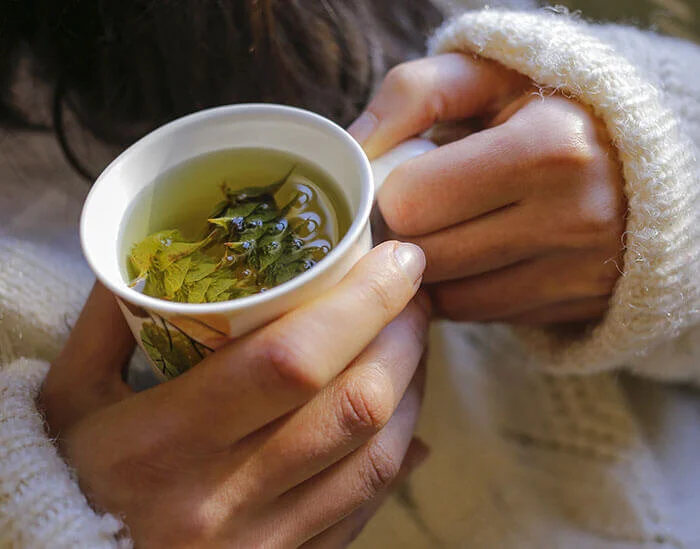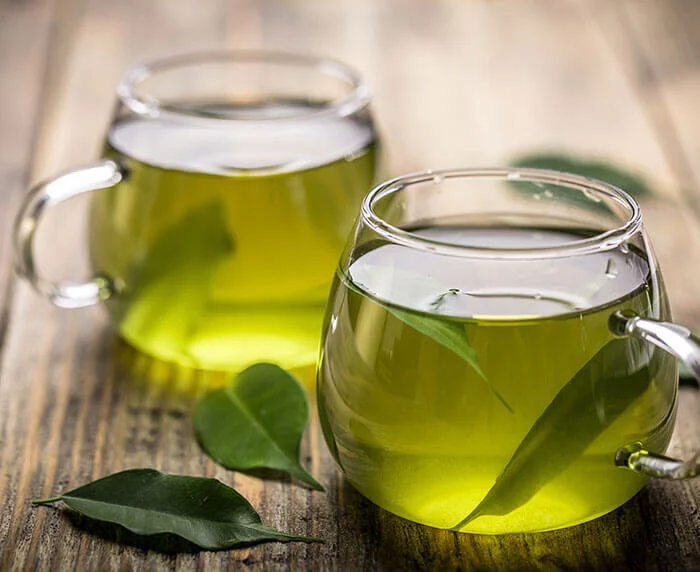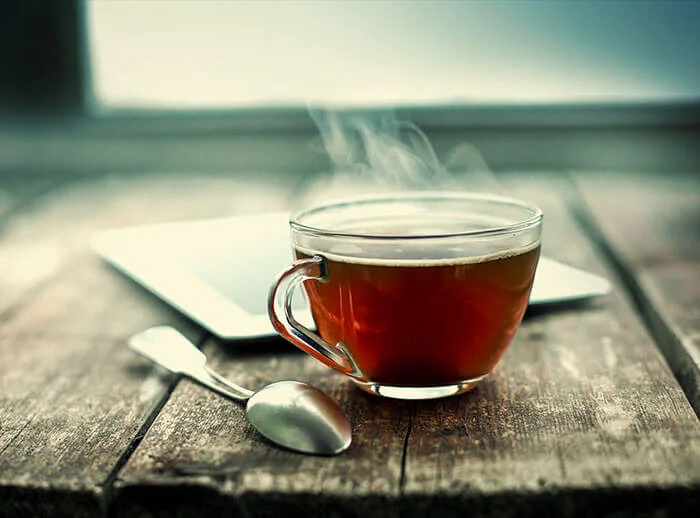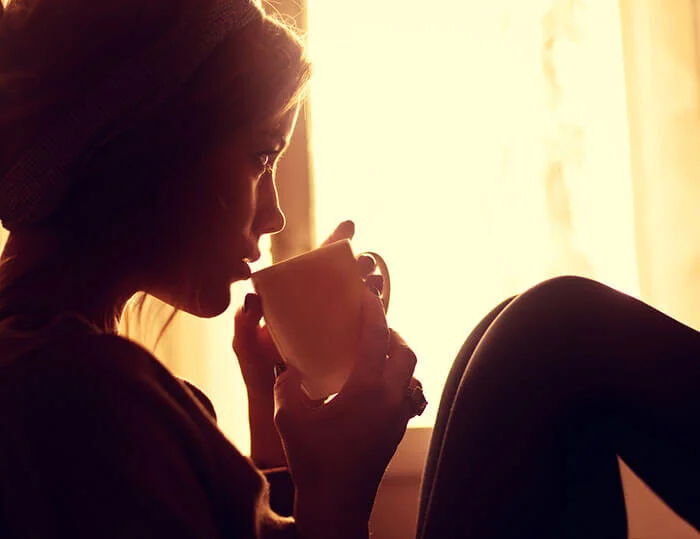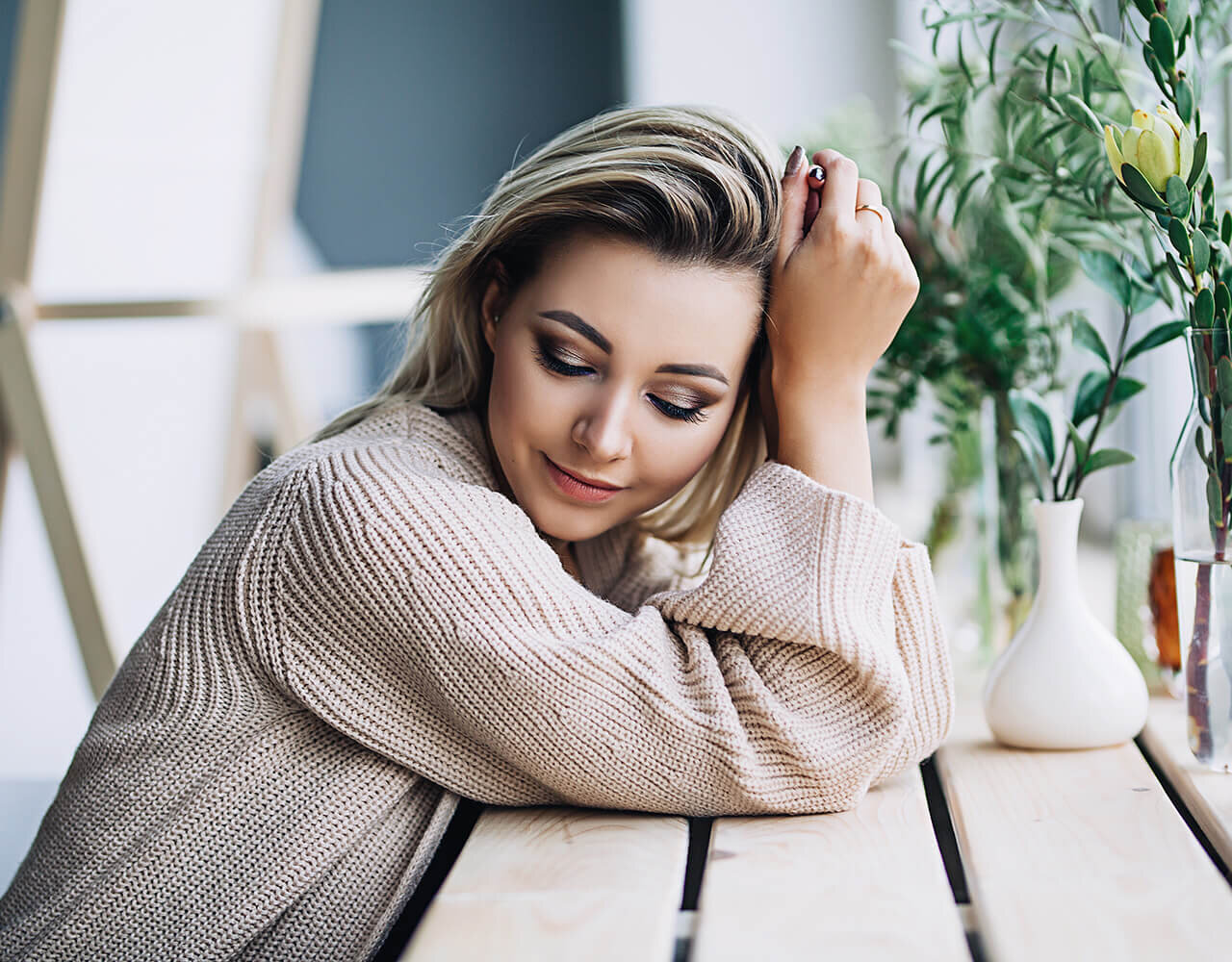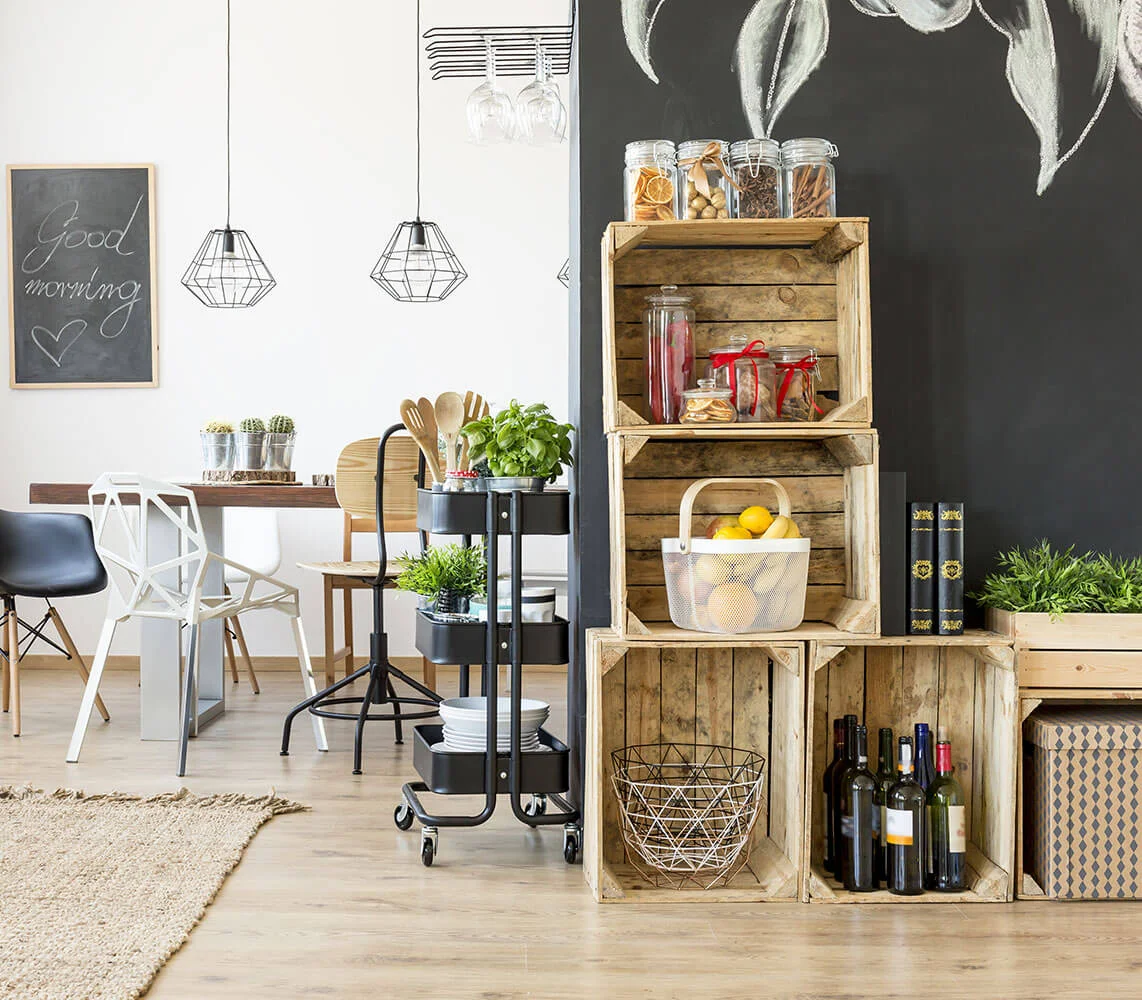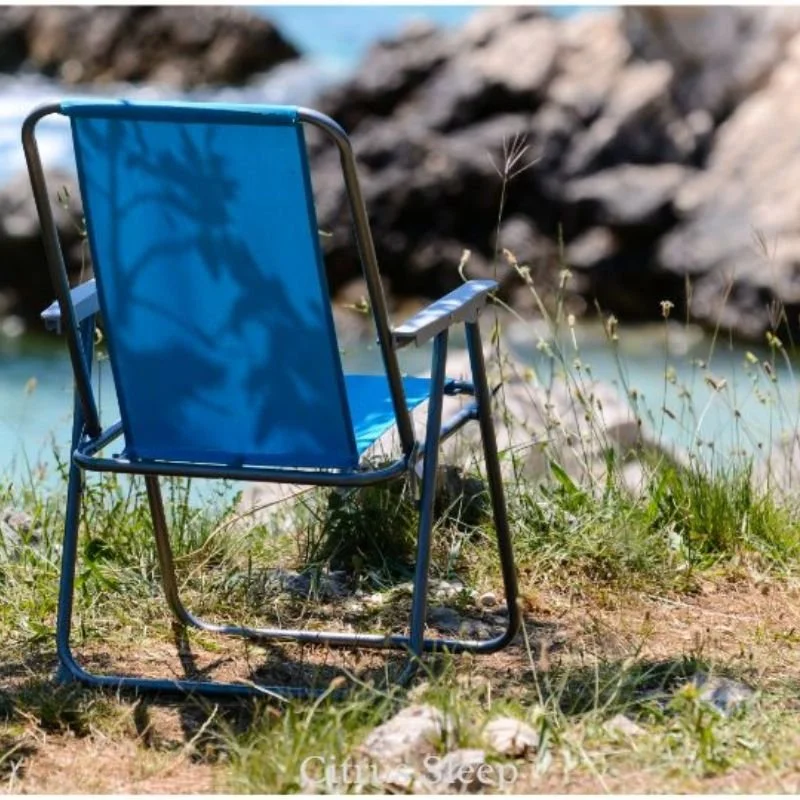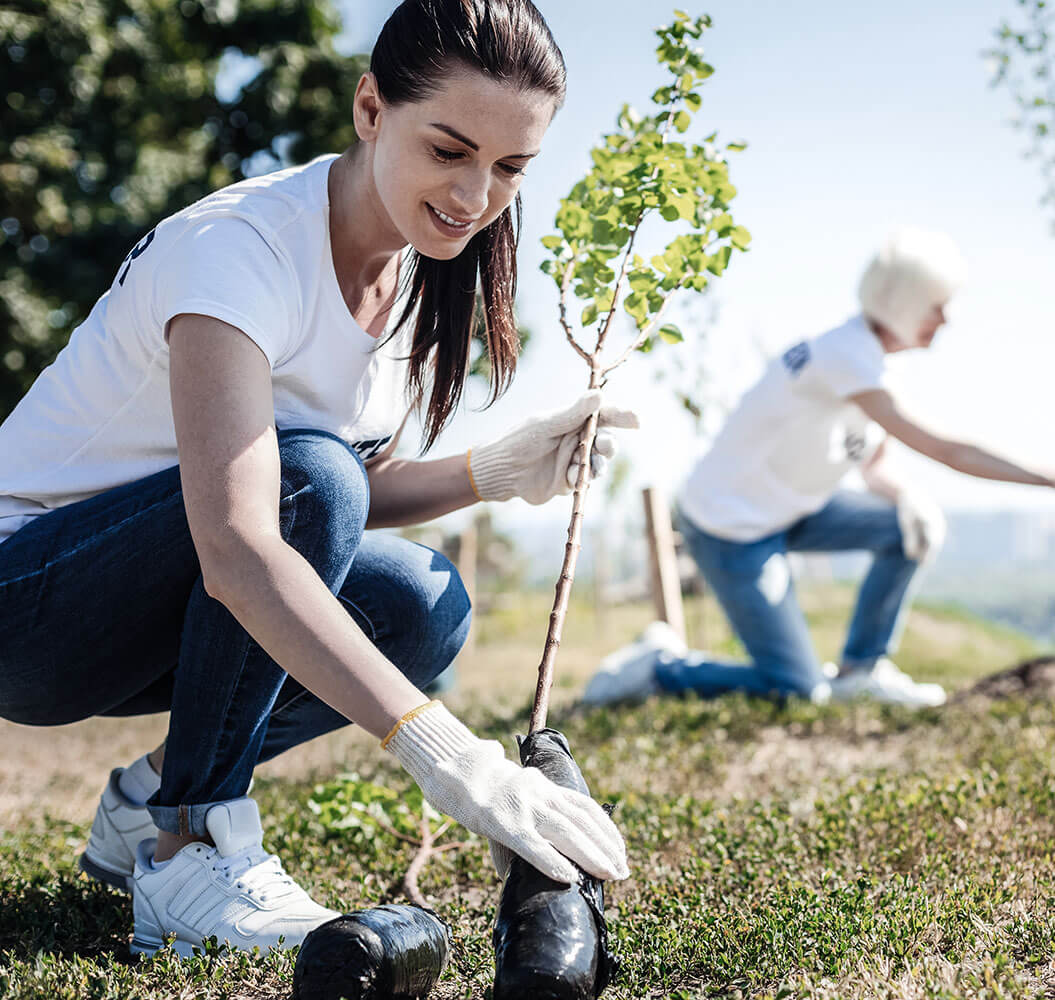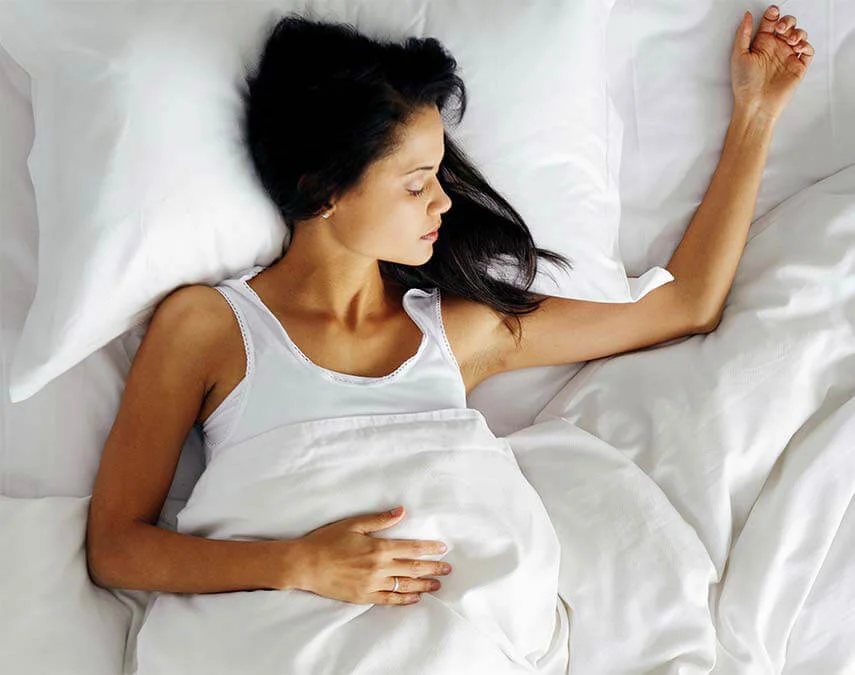Time To Brew Your Favorite Cup of Team For Sleep You Deserve
What does your bedtime routine look like? Do you enjoy reading a book, taking a nice, hot bath, or perhaps just counting sheep until you drift off to dreamland?
If you’re like millions of Americans, you likely struggle to get to sleep more nights than you’d care to admit. While it can be frustrating to struggle with insomnia, the good news is that making a tea out of sleep-inducing herbs is a good way to combat this challenge.
Sipping on a cup of warm tea (any kind of tea) can make a huge difference at bedtime. However, teas that contain natural sleep aids such as lavender, lemon balm, and chamomile are even better at helping you get the rest you need.
Consider giving this calming, aromatic brew a try - all of these herbs work well alone or together to not only taste great but also help you get the sleep you deserve, too.
Valerian Root
Valerian is a flowering perennial native to Europe. It can grow up to two feet tall and produces a gorgeous umbrella of fragrant pink, white, or lavender-colored flowers.
Although it’s a beautiful flower to behold, valerian is best known for its roots - not its flowers. It can be sold both fresh and dry, and there are numerous studies saying valerian appears to relieve insomnia. It’s a gentle sedative that doesn’t cause dependency like other drugs might.
Valerian root has a long history as a sleep aid - such an impressive history, in fact, that it is often used as a supplement to combat anxiety and sleep issues.
It’s used to treat sleep problems directly but also many underlying problems that can contribute to restlessness at night, such as headaches, stress, nervousness, and even heart palpitations.
An extract made out of valerian root, whether consumed in a tea or in a supplement form, has all the benefits of improving sleep without the unpleasant side effects.
It contains two naturally occurring sedatives - valepotriates and sesquiterpenes. Nearly 90% of people in recent studies show dramatic improvements in sleep after drinking a valerian tea concoction. You can fall asleep faster and enjoy a better overall sleep quality, too.
The only downside to valerian root is that it has a taste and aroma that some people find unpleasant. It’s not necessarily a bad smell and taste - it’s just earthy and strong. Therefore, you may want to consider using it in conjunction with these other herbs (or with a dash of maple syrup or honey) to improve the flavor.
Valerian root can be somewhat strong, so it’s a good idea to drink this tea when you know you’ll have the time to commit to sleep. Don’t drink it right before you have to head into the office!
Chamomile
Chamomile is an herb that has been used for centuries to treat all kinds of health issues - among them, poor sleep. The name “chamomile” is the common name for a variety of daisy-like plants in the Asteraceae family. Two of them, Matricaria recutita and Anthemis nobilis, are used to make herbal infusions.
That’s because chamomile (one of the best smelling sleep-inducing herbs, in our opinion!) contains several active chemical compounds that have mild tranquilizing effects. This happens once its chemical compounds, one of which is known as apigenin, bind to the benzodiazepine receptors in the brain.
Unfortunately, research is somewhat limited on the effects of chamomile on overall sleep quality. However, studies in postpartum women, in particular, have shown that chamomile tea can reduce sleep barriers and even symptoms of depression.
Passionflower
Sleep better with a cup of tea a day
Passionflower is a climbing vine that is native to Central and South America along with the southeastern portions of the United States. The plant is named for its resemblance to a crucifix and while it has a gorgeous appearance that makes it perfect for landscaping, it’s actually best used as a sleep aid.
Passionflower is similar to chamomile in that it contains various flavonoids that bind to the same receptors in the brian as do benzodiazepines. Because of this, passionflower can reduce symptoms of anxiety while also helping you sleep better at night.
When combined with other sleep-enhancing herbs like valerian root, passionflower can provide short-term insomnia relief (just as much, some studies suggest, as traditional sleeping medications!).
Lemon Balm
Lemon balm is a member of the mint family, but it smells and tastes nothing like the typical peppermint with which you are likely familiar. Instead, lemon balm, whether consumed as an essential oil or as a tea, is incredibly effective at treating symptoms of restless sleep. It can also be used as an antibacterial or antiviral medication to help fight viruses and infections.
Lemon balm has a refreshing citrus-like flavor and smell. Although it is invigorating, the good news about lemon balm is that it won’t pep you up - it will calm you down so you can get to sleep.
Drink a cup of lemon balm tea at night and you may see a serious drop in symptoms associated with anxiety, depression, and insomnia. One study compared the drinkers of lemon balm tea to those consuming traditional antidepressants - those who consumed the lemon balm reported a significantly higher quality of life than those who did not.
The takeaway?
If you’re struggling with anxiety and restlessness before you go to bed, drinking a cup of lemon balm tea might be just the solution you’re looking for.
Rose and Lavender
Rose and Lavender Tea
Rose and lavender can be used separately to help encourage better sleep, but when you combine them, watch out! The effects are dramatic.
Lavender is a flowering herb known for its vibrant purple colors - but it’s even better known for its uses in aromatherapy. This herb can be consumed as a tea and when it is, it helps to make for a more relaxing nighttime routine.
Lavender can improve both the quality and duration of sleep, reducing the likelihood of nighttime wakings. Some studies suggest that lavender can even improve your mood.
While lavender may only have a short-term impact on sleep quality, helping to temporarily reduce your fatigue and improve your sleep quality, you can’t overlook the benefits of this herb, even if they are fleeting.
Rose oil, on the other hand, is another plant that can help you drift off to sleep. Not only does the scent of rose smell heavenly,
Peppermint, Fennel and Licorice
This flavorful tea is not only soothing and pleasant-tasting, but it can also improve your sleep. Use one of these herbs or all three for a power-packed punch of a sleep aid!
Plus, all three of these herbs work well together when it comes to improving digestion. If you find that you often have an upset stomach at bedtime, turning to this concoction may help you get the sleep you need.
If you’re hesitant to drink a tea with licorice because you don’t like the taste of the candies, don’t worry - licorice-flavored teas tend to be much milder. The key to making a tea that you enjoy (rather than one you have to chug down) is to water it down so you can make the flavors more low-key.
Other Recipes to Try
Many herbal teas and remedies, including valerian root, lavender, and chamomile, are marketed as sleep aids. They all work by increasing or modifying various neurotransmitters that are involved in initiation sleep. Some may help you fall asleep faster, reduce the number of nighttime awakenings you experience, adn improve your overall sleep quality.
If the herbs and ingredients listed above don’t exactly suit your fancy, don’t worry - there are plenty of other recipes you can try to find the perfect tea for better sleep.
One ingredient you might consider is magnolia bark. Also known as houpo, this traditional Chinese herb has been used for sleep for thousands of years. It has a compound known as honokiol that can reduce the time it takes for you to fall asleep by binding to the GABA receptors in your brain. This can encourage sleep.
Just be careful - if you’re already prone to frequent nighttime wakings, this is an herb you might want to avoid. It can increase the number of night wakings you have, though some studies suggest that the time it takes to fall asleep is less so this factor may not matter.
Magnolia bark is available both as a supplement and as a tea. The tea is made from the bark of the magnolia tree so it might have an unpleasant taste - including the other ingredients we’ve mentioned so far in this article might help counteract these effects.
Jasmine is another great option. This fragrant tropical flower has proven properties as a sleep aid. You can grow your own, if you live in the south, or you can buy the essential oil of jasmine and burn it in a diffuser on your night table. Of course, incorporating jasmine petals in your tea is another technique you can turn to for better sleep!
Where to Buy Organic Herbs
You don’t have to go organic with the herbs you put in your tea, but it’s a good idea. Herbs are often treated with chemicals that you probably don’t want to end up in your evening cup of tea!
Where to buy organic herbal tea?
You can always grow your own herbs - you don’t need a lot of space to do this. In fact, you can grow most types of herbs in small containers on your balcony. You can harvest the leaves to use them fresh or dehydrate them for later use in teas. Some herbs can even be frozen and used later on, tasting just as fresh as the day you harvested them.
You can also check around at local specialty and grocery stores. Although organic herbs aren’t always available at typical supermarkets, specialty health food stores often carry these so it should be easy to find what you are looking for.
In some cases, you can even buy the herbs you want online! Lots of shops, sell organic herbs that you can purchase for a fair price. While you can get away with buying most fruits and vegetables that are not organically grown, you should always opt for organic herbs when you have the choice. It’s a splurge, but it’s worth the extra money.
Organic herbs are the way to go because they are not grown with pesticides or GMOs and generally, synthetic caking agents and chemical additives are not used. You’ll be able to rest easy knowing that you’re getting all the health benefits from your herbs (and the sleep benefits!) without any of the potentially dangerous side effects.
Don’t forget that, in addition to buying the herbs, you’ll also need to invest in some basic tea-making and -drinking equipment. You’ll need a bowl, a tea infuser, a mug, and of course, plenty of hot water.
Sipping On A Cup Of Team Can Promote Better Sleep
To make your tea, you’ll simply put a kettle of filtered water on the stove and bring it to a boil. Once the water starts to boil, you can add the herbs and spices. choose. It’s a good idea to crush these with a mortar and pestle if they aren’t already combined when you buy them.
After adding the herbs and spices to the teapot, pour more boiling water over them and let them steep for up to five minutes. You can serve your tea with honey, cream, or any other additions as you see fit. Drink half an hour to an hour before bed for the best results. You’re sure to notice a difference right away but you’ll see a major difference with repeated consumption.
There you have it! All the best ingredients to include in a tea that can promote better sleep.
So what do you think? Are you ready to start getting better sleep? These teas and ingredients will help you drift off more seamlessly and reduce the amount of time you spend tossing and turning.
So what are you waiting for? You can mix and match these ingredients to your liking until you find something that works well for you.
Sweet dreams, and happy sipping!
Karen A Mulvey is a personal social blogger and mom with 14 years of experience in the every day world of motherhood and sustainable product research. Karen is on a mission to help everyday families select sustainable, non-toxic organic products, stop stressing about uncertainties on sustainable home goods and apparel, and start living the life they’ve always wanted.
Follow Karen at @karenAmulveycs | Karen A Mulvey


